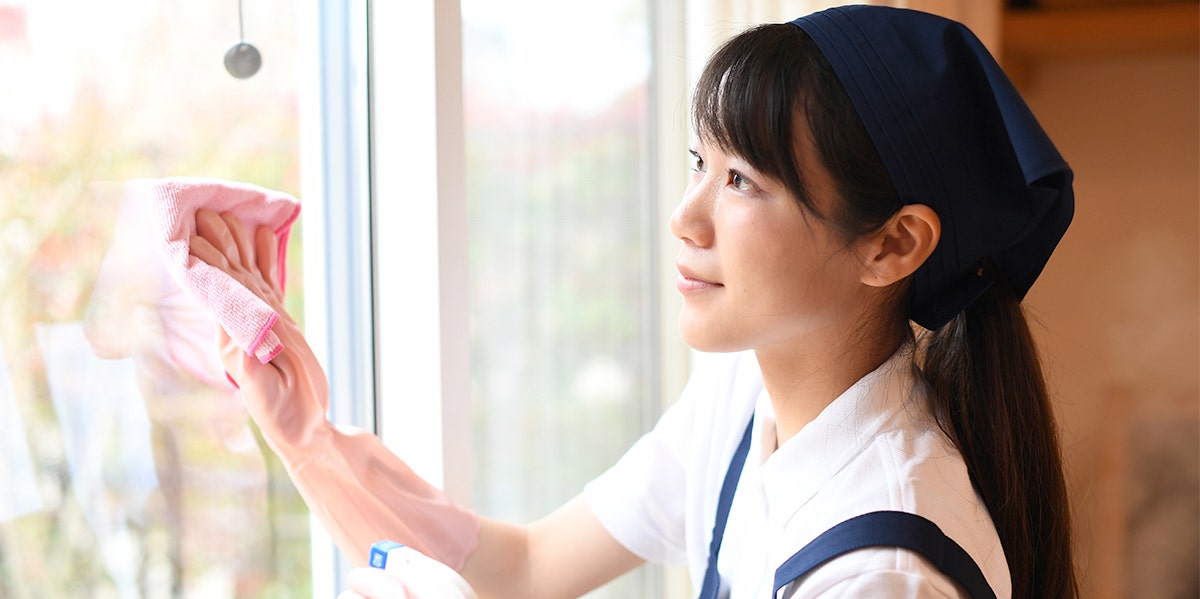The Japanese Art Of Making Boring Tasks Better
Even if your work feels mundane, there’s a way to find meaning in it.
 koumaru / Shutterstock
koumaru / Shutterstock In Japan, phenomenal customer service is not limited to just high-end luxury shops and hotels. If you walk into any regular store, you will likely be greeted by an employee who will politely welcome you in, bow to you, and rush to help you as soon as they realize you need assistance.
Their uniforms are crisp, clean, and their appearance clearly cared for. The shelves are put together, the products aligned and organized.
Floors are mopped, windows are clean, and when you exit the store, the employees will say thank you, smile, and bow to you until you are a considerable distance from the exit.
This is not to say that Japanese people always love their jobs.
In any job, there are moments that are tiring, boring, and tedious. But the idea of putting your best foot forward in your work — ganbaru — is one that is widely valued, no matter your profession.
Whether you’re a CEO or convenience store worker, if you can exemplify the principles of ganbaru, your work will be respected.
Even this Japanese daikon radish gained nationwide applause and attention for its perseverance in less-than-ideal circumstances. “To see a daikon ganbaru in a place like this, it even gave me encouragement,” Osaka resident Ms. Shima told the Japanese publication Nikkei. “I want to show it to my grandkids.”
When you think about what is necessary to enjoy work, it’s easy to point to the big things — money, status, the ability to gain valuable skills, and having a meaningful “why.” These factors are important, but what do we do about the tasks we have no control over at the moment? We can find meaning there, too.
When we are positive towards our work — even boring work — people notice, and our attitude uplifts the spirit of those around us. Knowing that you’re doing work that is respected and uplifting to others can make any boring job better.
The idea of ganbaru doesn’t necessarily mean putting in hours of work, going overboard with practice, or pushing yourself to a limit that can cause burnout.
Exhaustion is not admirable and should not be sought after.
Even on the most adventurous of journeys, we will have to face dull tasks along the way.
Instead of shuffling through the drudgery, try embodying the spirit of ganbaru.
Just because you don’t feel enthusiasm for a task at hand doesn’t mean you have no say in influencing the way you experience it.
Kaki Okumuru is a Japanese writer, with a focus on a Japanese healthy lifestyle. She was born in Dallas, Texas, and shortly after moved to New York where I spent a few years until I moved to Tokyo when I was 12. Using the lessons I’ve learned from and experienced in both my Japanese and Western upbringing, I work to help others shape healthy, sustainable, and fulfilling lifestyle paths toward better living.

